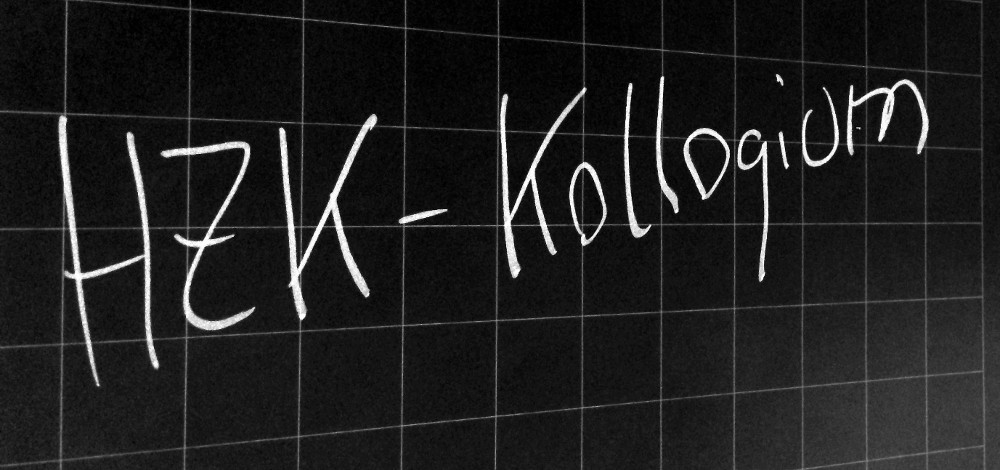The next colloquium of the HZK will take place on 08. February 2021 at 2 pm and all interested parties are cordially invited!
The event will be held digitally and in English.
Access data for the videoconference can be obtained on request by e-mail from oliver.zauzig@hu-berlin.de.
The lecture will be given by Alia Mossallam. She is a visiting scholar at the Lautarchiv as EUME fellow of the Alexander von Humboldt Foundation.
“They call it a ‘World War’, but it is actually their own…”
From the battle fronts of WWI to the revolutionary fronts of North African colonies. Tracing a cartography of struggle through a trail of songs.
Records of the Egyptian peasants who were taken to WWI as part of the British Military Labor corps, are as fragmented and dispersed as what is known of their experiences at war. Ranging from tens to hundreds of thousand of workers were posted in Egypt, Palestine, Greater Syria and as far as the fronts in France, leaving behind them a trail of archives that is as diverse in genre as it is in voice.
In this presentation I try to trace their ‘voices’ – I trace the growth of discontent among the workers through songs, jokes, and stories that appear through military reports, village memoirs, informant records, LP discs and popular Upper Egyptian memory.
The ‘trail of voices’ and one particular recurrent song, appear in the locations of different posts creating an alternative cartography of the war based on the experiences of these workers. This cartographic trail challenges imperial war cartography in documenting the workers’ association and political interaction with their North African counterparts – subalterns in the French Military – to discuss homeward longings, strikes and forms of resistance to military superiors.
In tracing these voices, I reveal the experiences of war, and the political consciousness and strategy that resulted in a pivotal but little known revolt culminating in the summer of 1918 in Egypt.
Methodologically, I ask, how do subaltern voices travel through time, space, technology and archive, and how can they be understood 100 years later? What of the biography of the 1918 uprising, can be traced through these cross-cutting geographies of struggle? How could the interaction between subalterns on the front in France, in prisoner of war camps in Germany, have contributed to the uprisings of 1917-1918 in Egypt, Algeria, Upper Volta and other colonies towards the end of the war? What new legacy do these forms of peasant entitlement, resistance and uprising create for the revolutionary years of 1917-1918?
